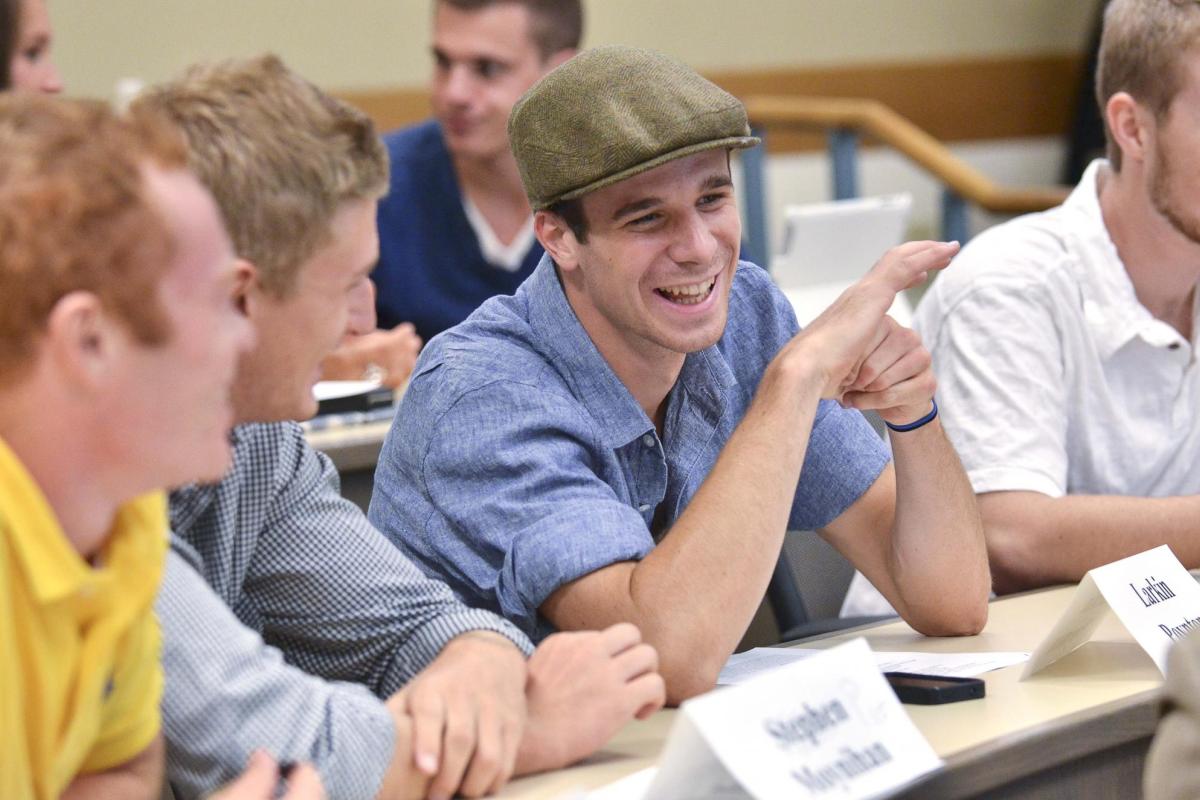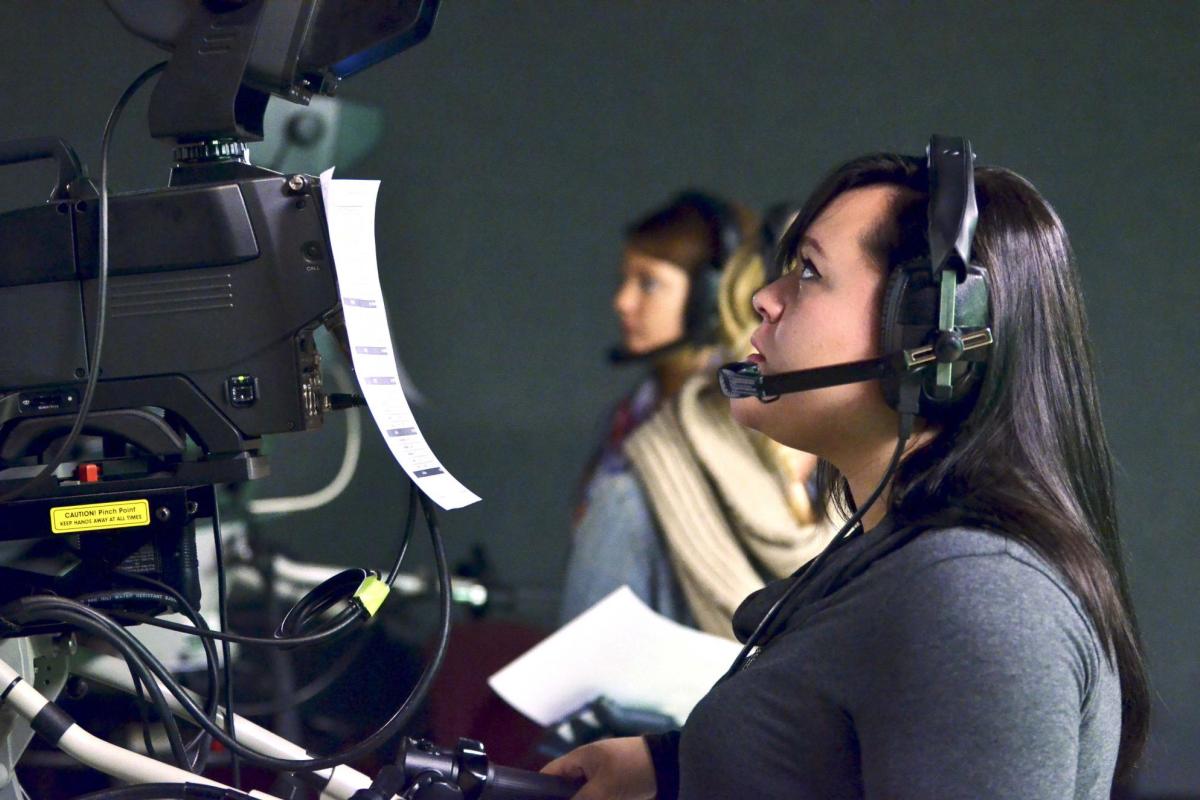Create a Plan

Sometimes the best way to feel at ease is to create a plan of action. To create the best possible plan, utilize the resources outlined below. We are here to help you discover your path.
Connect
Engage with your Advisor
Academic advisors are excellent resources to discuss potential majors, minors and certificate programs.
- Discuss potential majors, minors and certificate programs
- Learn more about academic requirements
- Create an academic plan to meet your goals
- Connect to opportunities that match your interests
Create a network
Family, friends, industry experts and CU Alumni can provide excellent advice. Start early to create a network by:
- Conduct an informational interview with family and friends
- Reach out to faculty to find mentors in different areas of interest
- Find alumni in a career field that interests you
- Attend career fairs and networking events
Explore
Take a Class
A course related to a potential major is one of the easiest ways to explore.
- There are hundreds of introductory courses to choose from at CU, the majority of which are open to all students.
- A First-Year Seminar is an excellent way to explore as they present unique topics from faculty all across campus in a small, interactive learning environment.
Your advisor can help you identify appropriate courses that match your interests.
Research Your Options
Sometimes it is hard to know how to begin exploring majors and minors.
- Utilize the Majors Card Sort to narrow down your interests. Once completed discuss your results with your academic advisor.
- Explore all of the academic programs CU Boulder has to offer. Then meet with faculty members from a program you are interested in.
Review Intra-University Transfer (IUT) requirements to learn more.
Discover Your Strengths
Learn more about your strengths and how to best use them.
- Clifton Strengths is a free web-based assessment that will help reveal your five signature talents. Your strengths will help you discover your path.
- Make a list of previous jobs, volunteer experiences and courses. Note what aspects you enjoyed and did not and see if there are patterns.
Meet with your career advisor to learn more about your results.
Experience
Volunteer
You can meet great people and pursue your interests through service activities.
The Volunteer Resource Center is a useful resource for finding opportunities in the Boulder area.
- The Puksta Scholars Program trains students to be ethical and socially responsible leaders through volunteer service, faculty mentorships and scholarship opportunities.
- CU Engage supports programs and initiatives that work with community groups to address complex public challenges through academic courses and projects.
Research Opportunities
Explore your passions–no matter what your major. Undergrad students can work with faculty members on ground-breaking research.
Undergraduate Research Opportunities Program (UROP) can help you dive deeper into specific majors and make connections with faculty.
- Biological Sciences Initiative (BSI) Scholars in STEM Undergraduate Research provides an hourly wage to undergraduate students who want to gain research experience.
- Discovery Learning Apprenticeship Program undergrad engineering students can earn hourly wages while engaging in research with faculty and grad students.
Join a Club
One great way to explore your interests and skills is to get involved on campus.
- The Center for Student Involvement is a great starting place to find out more on student clubs, events and programs.
- Check out the student sections of each college and school to see what clubs, events and groups they have.
Internships & Seminars
Internships, part-time jobs, and summer jobs are not only essential to building desireable skills, but great for testing career fields.
- You can use Handshake through Career Services to find the right opportunity for you.
- The Public Interest Internship Experience Program (PIIE) encourages civic leadership with internship opportunities for students interested in contributing to the public interest.




